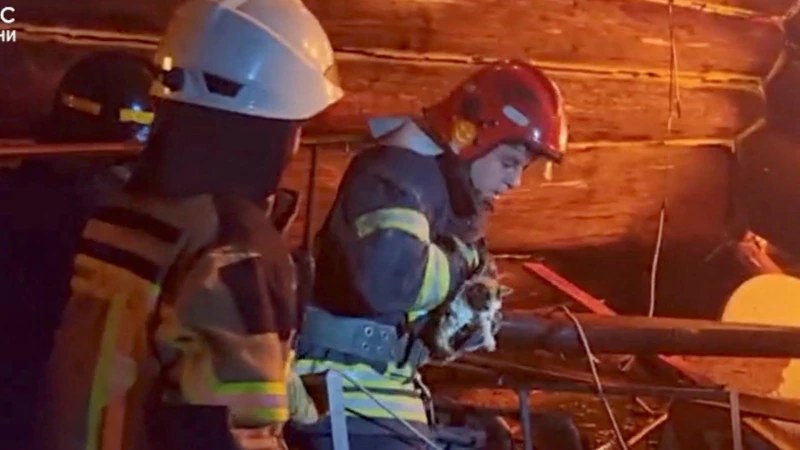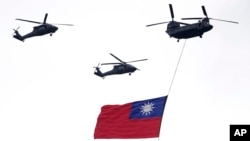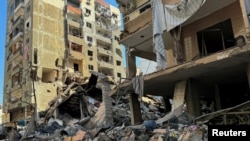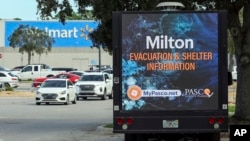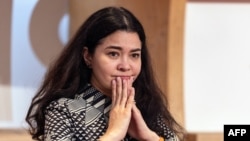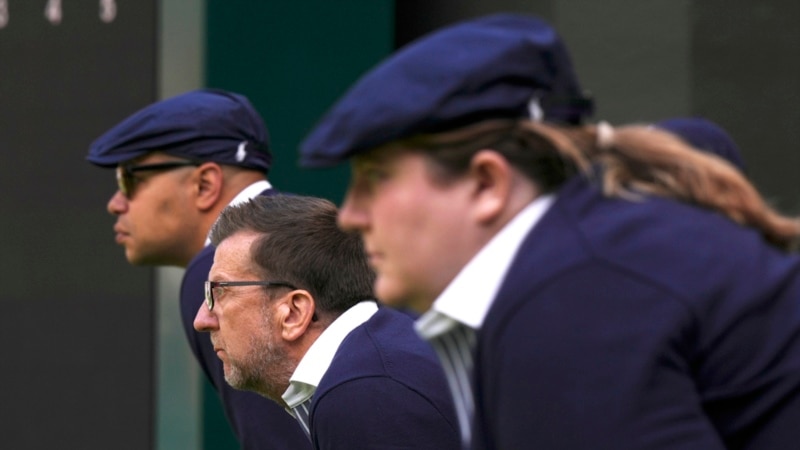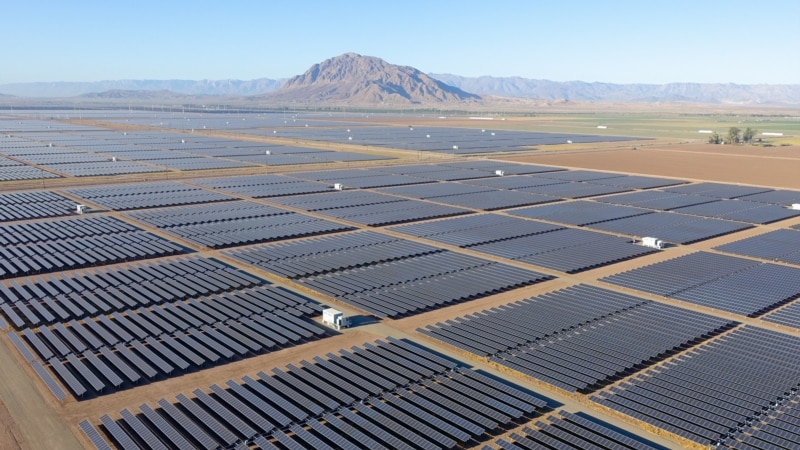For full coverage of the crisis in Ukraine, visit Flashpoint Ukraine.
The latest developments in Russia’s war on Ukraine. All times EDT.
3:30 a.m.: European gas prices rocketed as much as 30% higher on Monday after Russia said one of its main gas supply pipelines to Europe would stay shut indefinitely, stoking renewed fears about shortages and gas rationing in the European Union this winter, Reuters reported.
The benchmark gas price surged as high as 272 euros per megawatt hour when the market opened after Russia said on Friday that a leak in Nord Stream 1 pipeline equipment meant it would stay shut beyond last week’s three-day maintenance halt.
Europe has accused Russia of weaponizing energy supplies in retaliation for Western sanctions imposed on Moscow over its invasion of Ukraine. Russia says the West has launched an economic war and sanctions have hampered pipeline operations.
The Nord Stream pipeline, which runs under the Baltic Sea to Germany, historically supplied about a third of the gas Russia exported to Europe but it was already running at just 20% of capacity before flows were halted last week for maintenance.
2:30 a.m.:
2:15 a.m.: China’s top legislator Li Zhanshu will visit Russia next week, state media reported Sunday, becoming the highest-ranking Communist Party politician to travel to the country since Moscow’s invasion of Ukraine, Agence France-Presse reported.
Beijing and Moscow have drawn closer in recent years, ramping up cooperation as part of what they call a “no limits” relationship, acting as a counterweight to the global dominance of the United States.
Meanwhile, tensions between China and the West have risen as Beijing has refused to condemn Moscow’s invasion of Ukraine and provided diplomatic cover by blasting Western sanctions and arms sales to Kyiv.
Li, who ranks third in the Chinese government hierarchy, will pay official visits to Russia, Mongolia, Nepal and South Korea from Wednesday until September 17, according to the official Xinhua news agency.
1:30 a.m.: European leaders sought to ease the impact of high energy prices across the continent after Ukrainian President Volodymyr Zelenskiyy warned of a difficult winter, even as he reported progress in a counter-offensive against Russian troops, Reuters reported.
In Sunday’s nightly remarks, Zelenskiyy thanked his forces for taking two settlements in the south and a third, along with additional territory, in the east, citing “good reports” from his military commanders and intelligence head.
Kyrylo Tymoshenko, deputy head of the president’s office, earlier posted an image of soldiers raising the Ukrainian flag over a village he said was in the southern area that is the main focus of the counter-offensive.
Ukraine began the counter-offensive last week targeting the south, particularly the Kherson region, which Russia seized early in the conflict.
12:01 a.m.: The Joint Coordination Center (JCC) authorized the movement of three outbound vessels carrying a total of 49,250 metric tons of grain and other food products under the Black Sea Grain Initiative, according to a statement shared by VOA U.N. correspondent Margaret Besheer.
The three commercial vessels authorized to move Monday are:
My Meray from Chornomorsk to Egypt carrying 30,000 metric tons of corn; Golden Yara from Pivdennyi/Yuzhny to Mersin, Turkey, carrying 13,500 metric tons of wheat; Baron from Odesa to Ambarli, Turkey, carrying 5,750 metric tons of corn.
Destinations indicated are based on information received at the JCC and may change based on commercial activity.
As of Sunday, the total tonnage of grain and other foodstuffs exported from the three Ukrainian ports is 2,076,280 metric tons. A total of 187 voyages (100 inbound and 87 outbound) have been enabled so far.
The joint teams plan 15 inspections Monday, eight on inbound vessels and seven on outbound.
Some information in this report came from Reuters and Agence France-Presse.

